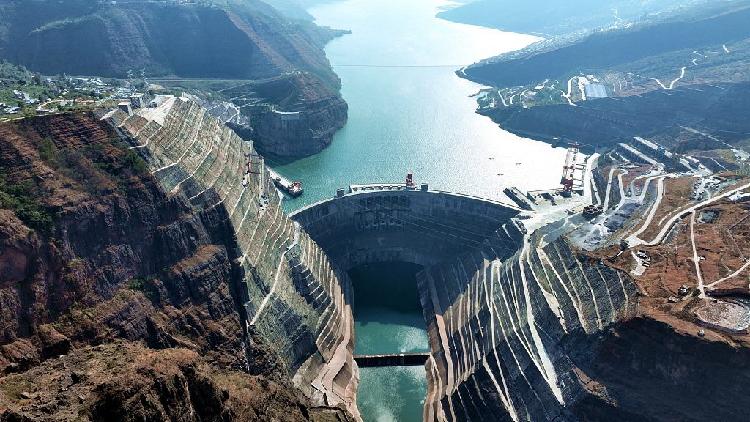Climate Scientists Warn of Significant Changes in Atlantic Currents

More than 40 climate scientists are sounding the alarm to Nordic ministers about the potential for significant disruptions to Atlantic Ocean currents due to global warming. The scientists warn that such disturbances could lead to abrupt changes in weather patterns and severely impact ecosystems in the region.
At the center of their concerns is the Atlantic Meridional Overturning Circulation, a crucial system of ocean currents that carries warm water into the North Atlantic, effectively moderating temperatures across Europe. A collapse of this circulation could jeopardize the livelihoods of people living in the Arctic and beyond.
"Such an ocean circulation change would have devastating and irreversible impacts especially for Nordic countries, but also for other parts of the world," the scientists emphasized in a letter directed to the Nordic Council of Ministers, which governs five countries, including Denmark and Sweden, as well as three autonomous territories.
The letter advocates for proactive measures, such as urging global reductions in greenhouse gas emissions, to mitigate the risks associated with climate change. The scientists believe that these steps are crucial to maintain the integrity of the Atlantic currents.
Research conducted by various teams has suggested that the risk of alterations to the Atlantic current system has been significantly underestimated, with the potential for crossing a critical tipping point within the next few decades. The urgency of the situation cannot be overstated.
"If Britain and Ireland become like northern Norway, that would have tremendous consequences. Our finding is that this is not a low probability," stated Peter Ditlevsen, a professor at the University of Copenhagen and one of the signatories of the letter. "This is not something you easily adapt to," he added.
Should the ocean-current system collapse, it would likely result in noticeably cooler conditions in the Northern Hemisphere, rising sea levels along the Atlantic coast, a reduction in precipitation across Europe and North America, and altered monsoon patterns in regions such as South America and Africa, as per the United Kingdom's Met Office.
The gravity of this situation is further illustrated by data from the International Monetary Fund, which revealed that global subsidies for fossil fuels surged to an unprecedented $7 trillion in 2022. Such financial incentives starkly indicate a lack of serious commitment to preventing an impending climate crisis.
Stefan Rahmstorf, a professor at Germany's Potsdam Institute for Climate Impact Research, stated that these subsidies demonstrate the absence of credible efforts to avert a potential climate disaster. His insights highlight the formidable challenges ahead in addressing climate change and its effects on vital ocean currents.
Read These Next

China's Role in Enhancing Global Immunity Efforts
China's immunization programs, showcased on World Strengthened Immunity Day, reduce vaccine-preventable diseases globally.

Wuhan University Decodes Jupiter's Magnetosphere and Europa
Wuhan University's breakthrough in understanding Jupiter's magnetosphere interactions with Europa sheds light on planetary science and cosmic phenomena.

Baihetan Hydropower Station Marks Two Years of Clean Energy Progress
Baihetan Hydropower Station aids China's clean energy shift, reducing coal use and emissions with advanced hydropower technology.
